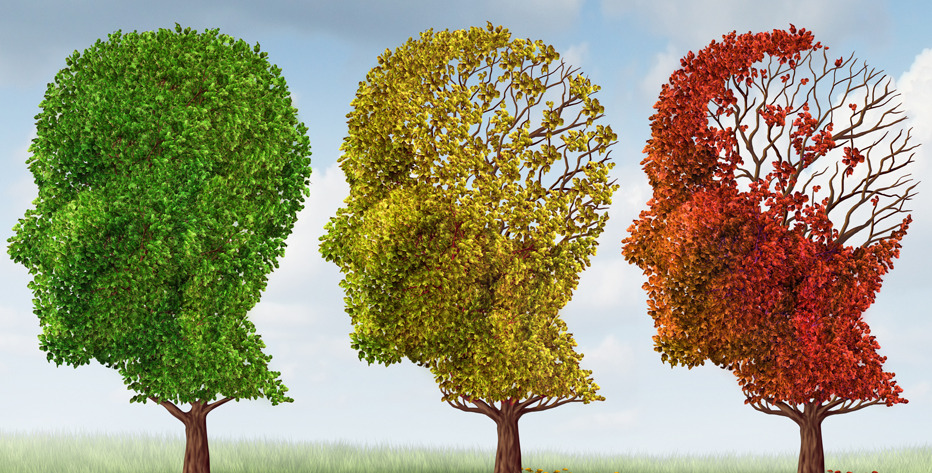Distinguishing Dementia and Alzheimer's Disease
- IMM Carehub
- Aug 26, 2021
- 3 min read
To many, dementia and Alzheimer's diseases are indistinguishable due to similarities in symptoms. Dementia is a general term for mental degeneration that causes a decline of cognitive function with the existence of a group of symptoms while Alzheimer's is a specific disease of dementia. As such, Alzheimer's is a category of dementia. Keep in mind that dementia does not necessarily lead to Alzheimer's disease.
Getting old increases the risk of developing dementia or Alzheimer's disease, however, it does not imply developing the disease as a normal part of ageing. Young people are too at risk for either of the illnesses. Unlike simple memory mishaps, these diseases immensely affect memory, speech, and communication together with reasoning abilities.
Dementia occurs when a specific brain cell damage leading to different conditions such as Alzheimer's, Parkinson's, or Huntington's. The early symptoms of dementia can easily be neglected as mild or plain episodes of forgetfulness. As the disease progresses, the affected encounter difficulty recalling or recognize vital information. Repetitive questioning, poor decision-making, and lack of personal hygiene would be clear signs of dementia. Severe cases have reported those affected are incapable care for themselves, fail to keep track of time or places, and changes of behavior that possibly lead to depression and aggression.
A progressive condition of dementia is called Alzheimer's which slowly impairs memory and cognitive function. This occurs when protein plagues (beta-amyloid) and fibers tangles (tau) build up in the brain causing blockage of nerve signals. Nerve cells that are destroyed will worsen over time. The brain will lose connections of cells and eventually, these brain cells will die. In extreme cases, dead brain cells result in a significant shrink in brain size. Progressing Alzheimer's disease, symptoms worsen and become disoriented. Daily tasks become difficult to manage, for instance walking, speaking, or swallowing.
There is no prevention for mental deterioration, a suggested list of activities or dynamic lifestyles could decrease the risk.
You are what you eat is an indeed reputable quote of what we shall become of our intakes. A healthy and balanced diet like whole grains, fruits and vegetables, nuts, olive oil, and other healthy fats are essential for our bodies. Past studies have shown other super-foods such as food rich in antioxidants, blueberries, strawberries, and cranberries may affect age-related changes in the brain with demonstrated improved cognitive functions.
Mental exercises are essentially crucial for people of different age groups to keep the brain active. Through it, additional neurons and pathways can generate and deliver information across the brain. Examples of mental exercises are crossword puzzles, listening to the radio reading newspapers, or learning new languages. These activities all require thought processes.
Getting old doesn't mean the end of your life. A vast majority of elderly mingle and socialize way better than younger crowds. Therefore, being socially engaged is vital to keep ourselves accompanied and bear this in mind, we are all social animals. Spending time with your loved ones or friends is excellent for physical, mental, and emotional well-being.
Lifestyle also plays a role in reducing the risk of mental deterioration. Research has proven smoking could potentially increase the risk of Alzheimer's and dementia compared to non-smokers. This is due to lower homocysteine that helps to circulate blood in the body. The presence of amino acids (homocysteine) in high folic acid foods and vitamin B particularly B-6 and B-12, is said to lower homocysteine. The food sources for folic acids are romaine lettuce, spinach, asparagus, broccoli, collard greens, parsley, cauliflower, beets, and lentils. Vitamin B food sources are fish, potatoes, non-citrus fruit, fortified cereal, poultry, and eggs.
Last but not least, regardless of age, being physically fit and active is a substantial effort as our psychological and behavioral well-being can significantly improve. A study has shown 30 minutes of workouts each day is less likely to have a decline in mental function. With that being said, what are you waiting for? Head over to IMM Carehub now and get active.






Comments